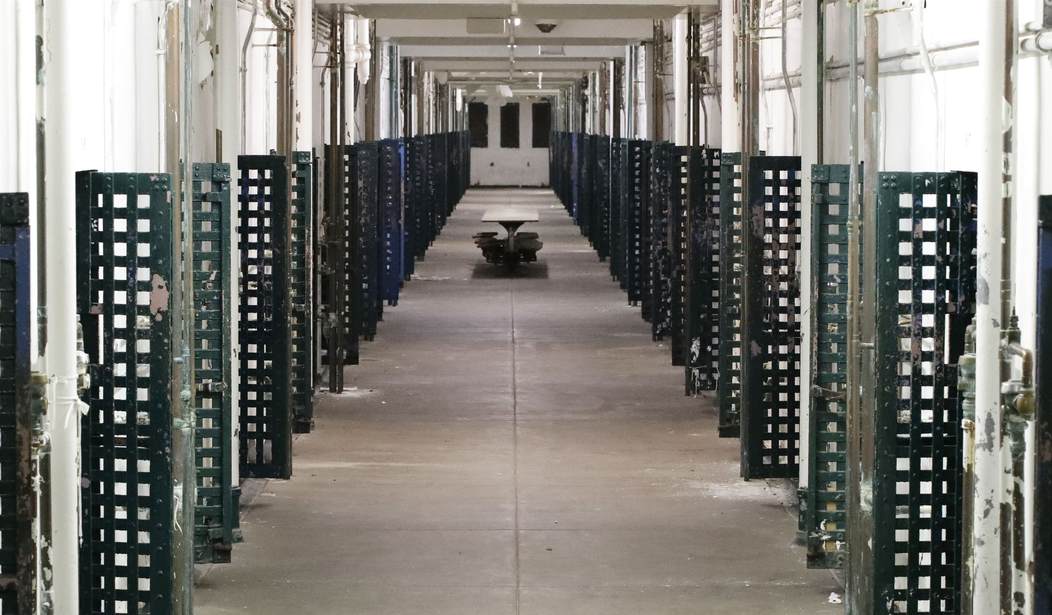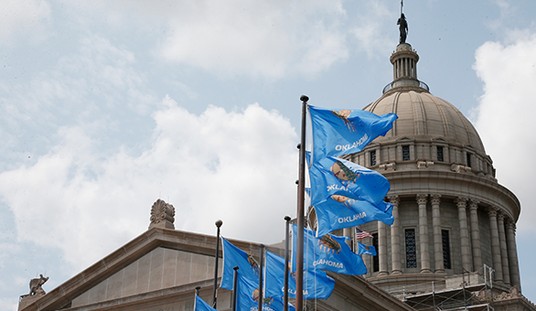Maryland Attorney General Anthony Brown and Public Defender Natasha Dartigue have been holding a series of community meetings and even a “barbershop tour” to get community input on how to reduce incarceration in the state. On Monday night, the pair were at the Reginald F. Lewis Museum of Maryland African American History & Culture in Baltimore to hear from local residents as part of the Maryland Equitable Justice Collaborative; a newly launched program meant to “address specific issues that contribute to incarceration rates” among minorities.
“Why is it that in Maryland more than 70 percent of the prison population is young Black men and women, most acutely, among young Black men yet we represent less than 33 percent of the population?” questioned Maryland Attorney General Anthony Brown.
…
During the forum, key players heard community feedback from several people with much of the focus on outreach for the youth as the spotlight sits over juvenile crime.
The crowd participated in several interactive polls with one question on how Maryland should address the issue of juvenile crime.
Eighty-three of 85 people voting in the crowd chose the option to increase investments in extracurriculars and diversion programs over increased penalties under the law in response to that question.
“We need to actually work on what’s going on in the community,” said one community speaker. “They don’t see success; they don’t see structure… They see abandonment, they see disenfranchisement.”
Others who spent time behind bars suggested using their success stories after returning to the community from prison to help others diver away from entering the system.
“If you do not nurture the youth, they will burn the village down until it’s warm. What you’re seeing, it’s on fire,” explained another speaker. “We are examples of what we can change and what we can become.”
If Brown is serious about addressing the disparity in sentencing and incarceration, he should start by taking a look at the vast number of non-violent, possessory firearm offenses that are in place throughout the state. Simply carrying a handgun without a license or possessing an unregistered handgun can be punished by years in prison, and mandatory minimum sentences are imposed on most possessory offenses as well. At the same time, the state imposes a number of burdens on would-be gun owners that hit particularly hard for lower-income residents who are most likely to live in high-crime neighborhoods and want or need a firearm for their personal safety.
This isn’t a problem that’s unique to Maryland, of course. In an amicus brief filed in the Bruen case, New York public defenders wrote eloquently about the problems the city and state’s “may issue” carry laws have caused for their clients.
For our clients, New York’s licensing regime renders the Second Amendment a legal fiction. Worse, virtually all our clients whom New York prosecutes for exercising their Second Amendment right are Black or Hispanic. And that is no accident. New York enacted its firearm licensing requirements to criminalize gun ownership by racial and ethnic minorities. That remains the effect of its enforcement by police and prosecutors today.
The consequences for our clients are brutal. New York police have stopped, questioned, and frisked our clients on the streets. They have invaded our clients’ homes with guns drawn, terrifying them, their families, and their children. They have forcibly removed our clients from their homes and communities and abandoned them in dirty and violent jails and prisons for days, weeks, months, and years. They have deprived our clients of their jobs, children, livelihoods, and ability to live in this country. And they have branded our clients as “criminals” and “violent felons” for life. They have done all of this only because our clients exercised a constitutional right.
The same is broadly true in Baltimore as well. Maryland was another “may issue” state, and for decades now the position of the state has been to make it as difficult as possible to legally possess a firearm and dissuade individuals from trying to exercise their Second Amendment rights, particularly in the city of Baltimore. Making it harder to legally own a gun hasn’t helped drive down the city’s crime rate. In fact, it’s worth pointing out that Baltimore is on pace to break its eight-year streak of over 300 homicides after the “may issue” laws have been undone and it’s become at least theoretically possible to obtain a carry license.
For generations, though, Maryland politicians have pushed legal gun ownership to the margins of society and have done their best to delegitimize the right to keep and bear arms in general. Gun ownership, both legal and illegal, has been deemed taboo, and a culture of lawful gun ownership has been largely replaced by a culture of criminality.
Brown can’t undo these laws all on his own, but I doubt he’s willing to even lift a finger to help repeal the non-violent, possessory crimes that are putting hundreds of Marylanders behind bars every year. If he truly wants to reduce “mass incarceration” though, the best way to go about it is to stop criminalizing the exercise of a fundamental civil right.









Join the conversation as a VIP Member